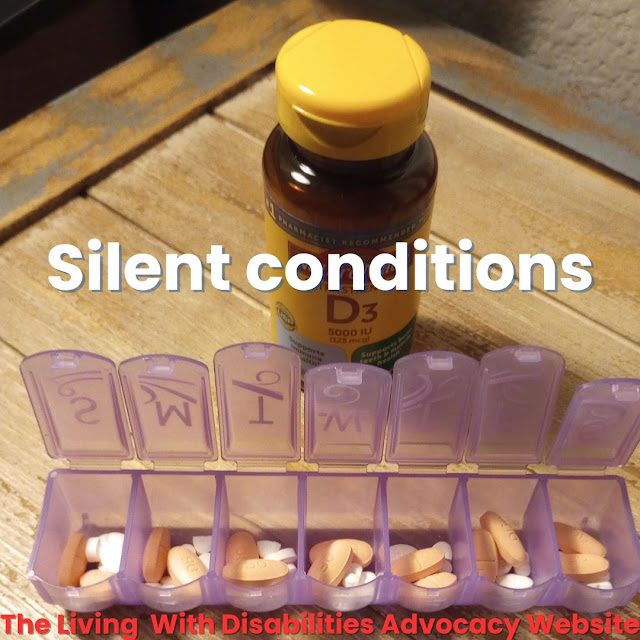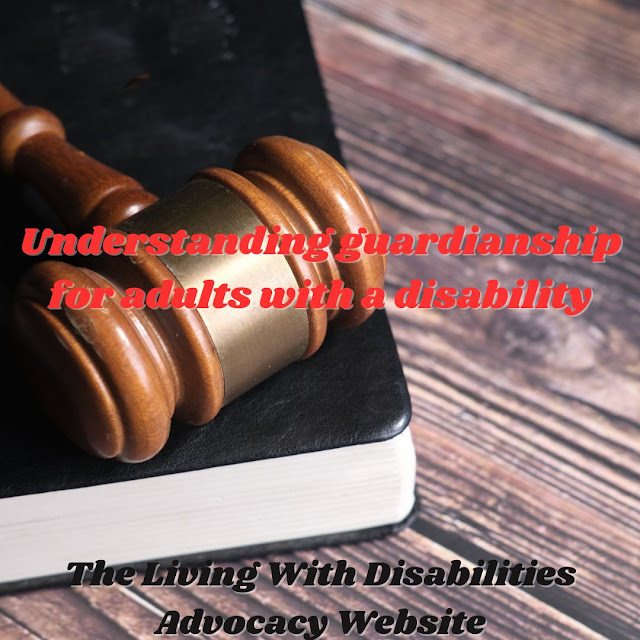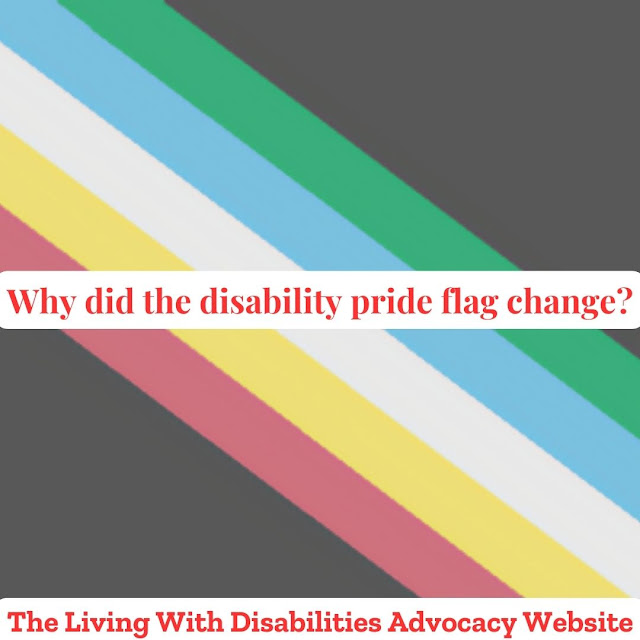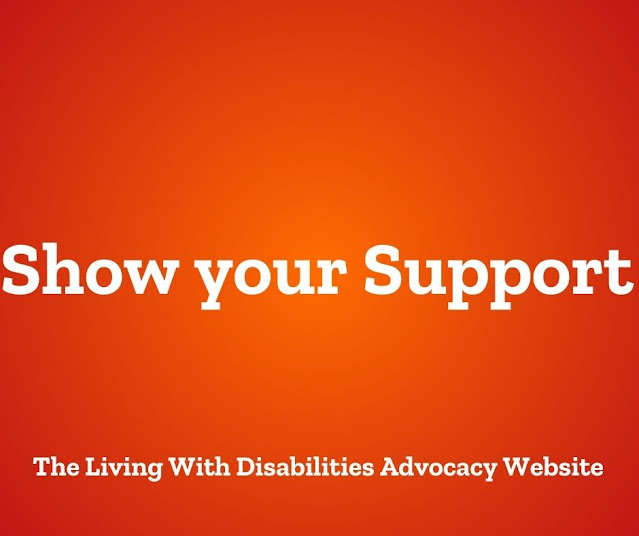Silent Conditions
If you're a new visitor to this advocacy website, this page aims to increase public understanding of those with disabilities and other conditions.
We suggest you seek a licensed professional counselor or healthcare provider for anything you read on this site.
This week, Living with Disabilities will talk about different hidden Conditions. What are considered hidden conditions? how do you approach a person with these conditions? "Before anything else, it is important to remember that individuals with disabilities or conditions should be treated no differently than able-bodied individuals. They are people first and their disability or condition does not define their identity. If you have read or listened to any episodes, you would know that individuals with disabilities or conditions should be regarded as equal members of society."
Let's quickly discuss the symptoms of concealed medical conditions.
There may be more conditions than those listed by Living With Disabilities. We will cover some of the basics and concentrate on beneficially presenting our areas of expertise.
Disabilities encompass more than just visible physical and mental conditions. Certain factors can affect the entire body or specific areas of it. Patients manage a wide range of concealed medical issues, and medication often serves as a lifesaver for many. In other instances, alternative treatments are available for some conditions. We will discuss these options later.
Some medical conditions are not immediately apparent to others, and these are called hidden conditions. Some examples of hidden conditions include diabetes, depression, epilepsy, hearing loss, cancer, bipolar disorder, traumatic brain injury, ADHD, autism, and fibromyalgia. Additionally, chronic pain can also be a hidden condition as it may not be visible but can significantly impact a patient's life. Chronic pain can be caused by a variety of medical conditions, and each patient may experience limitations or difficulties in different ways.
It's acceptable for some people to have different ideas on how various ailments should be treated medically, therefore let's move on to the medical care for these. We're not in this place to argue with you. Our sole purpose is to share knowledge, which is subsequently used in instruction. Consult your doctor if you choose to follow the advice provided.
It can be very stressful to manage hidden medical conditions that require additional attention. Certain ailments may be treated with specific medications, whether they be Western or Eastern. Let's explore the differences between these two schools of medicine.
Western medicine involves the use of prescription drugs to treat patients, such as a doctor prescribing Amoxicillin for a chest infection. On the other hand, Eastern doctors tend to focus on treating the individual as a whole rather than just the symptoms.
It seems that you have gained an understanding that there are different types of illnesses, and individuals struggling with such conditions need to take medication. Now, let's discuss how to ask about someone's health appropriately. We have already talked about disability etiquette earlier, and it is always the first step towards making someone feel comfortable. By utilizing disability etiquette, you can make your interactions smoother. However, we still have some work to do. It's important to understand what is appropriate to inquire about and what isn't. If you are engaged in a conversation with someone, it's permissible to ask questions. However, if you're not speaking to them directly, it's deemed impolite. You should never question someone about their disability or condition. Instead, ask if they're open to discussing their disability, as they might not be willing to share such personal information. There could be various reasons for their reluctance. If you encounter someone who is not prepared to discuss their disability or condition, it's best to respectfully move on.
Here are several approaches to inquire about someone's disability or condition. Before asking about their disability or condition, consider these questions.
1. Consider your motivation for inquiring about their disability. Is it because you wish to learn how to support them effectively?
2. Reflect on how the information will assist you.
Then, proceed to ask concise questions that encourage brief responses. Remember to always maintain politeness in your inquiries. Avoid being judgmental or conveying sympathy or pity.
Living With Disabilities Presents: The Advocacy Table
a space created for people with disabilities to be able to have freedom of speech and talk on different topics surrounding the disability community. To get more details, check out The Advocacy Table. To become a panelist, write into the show and let the host know what topic you want to talk about. She will then send out a group email to all panelists after the show has reached five or ten people. After the show, a survey will be emailed to you, and we would love to get your feedback.
If you need online support, Disability Safe Haven is great for receiving support. The We Care Team is very protective of its members and asks everyone who joins, to have a profile picture and answer the security questions.
Another online support, Living With Cerebral Palsy, is great for people with cerebral palsy and for family and friends who want to learn more about different types of cerebral palsy and how to support their loved ones who have it. This group has open and closing hours and a 24/7 chatroom. Open and closing hours are based on United States time zones.
To become a guest on Living with Disabilities
https://docs.google.com/forms/d/e/1FAIpQLScN0j1lThH8KaknxmeXIESTBC5NJWJjj9V0jubnYT5yMAffiw/viewform?usp=sf_link
Podcast Link
https://podcasters.spotify.com/pod/show/livingwithdisabilites/episodes/Silent-Conditions-e2j3ir9




Comments
Post a Comment